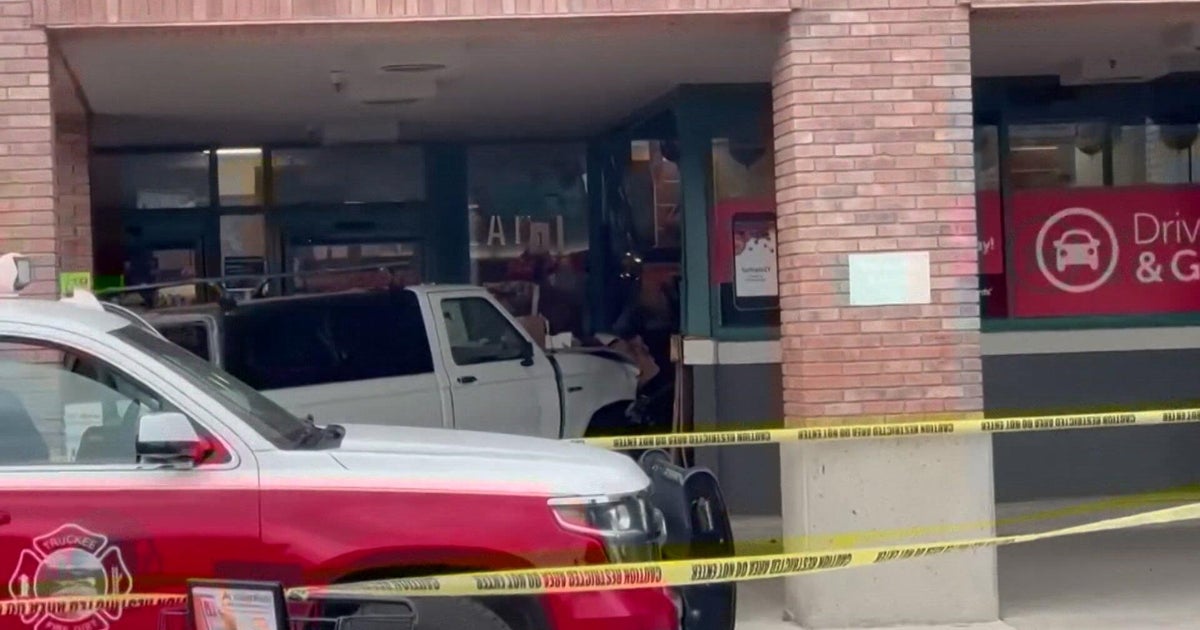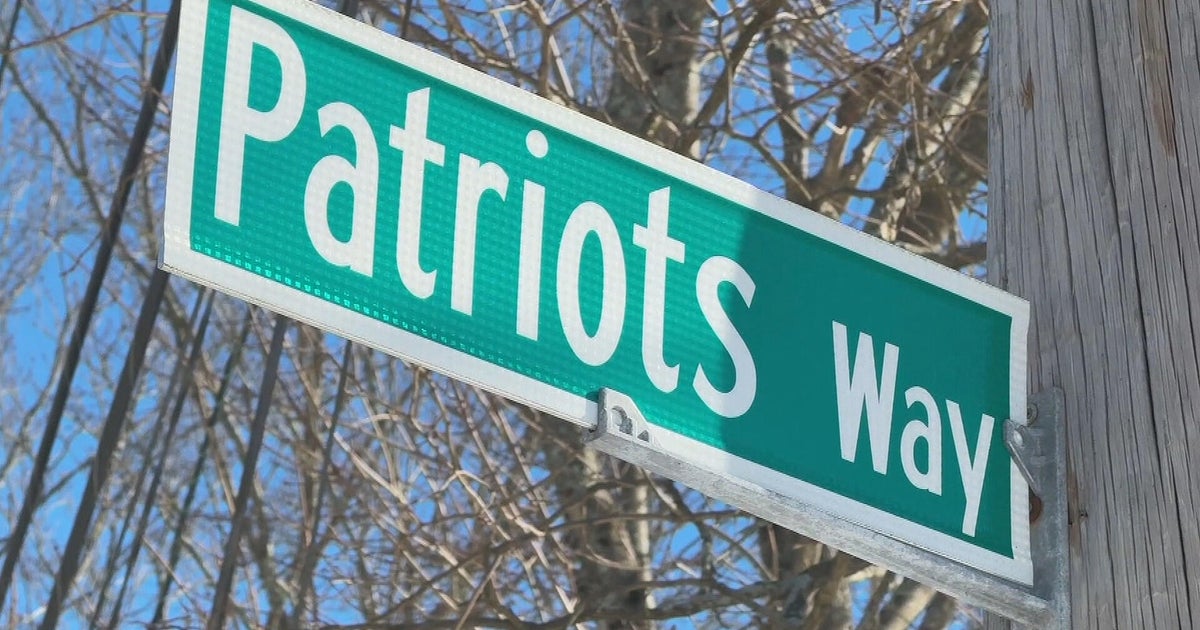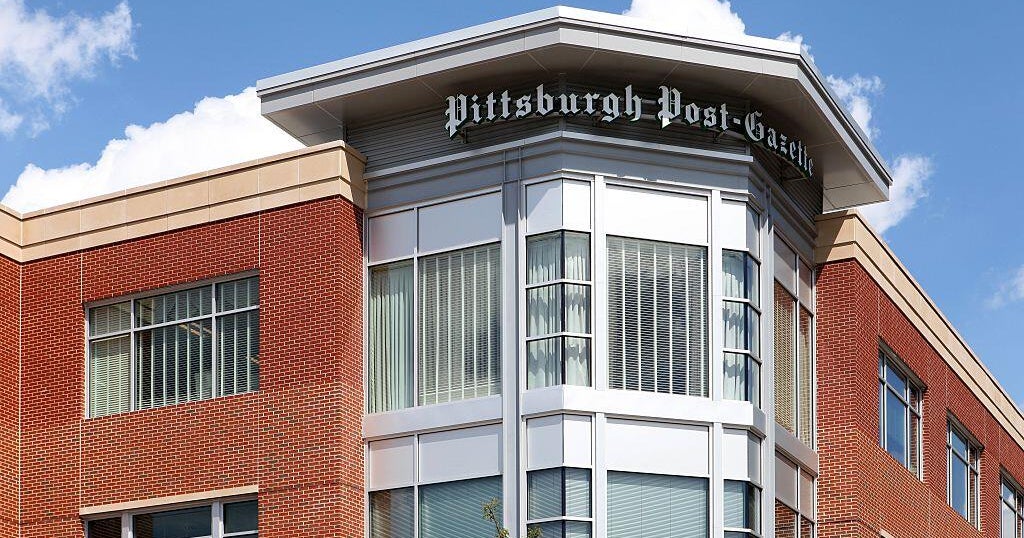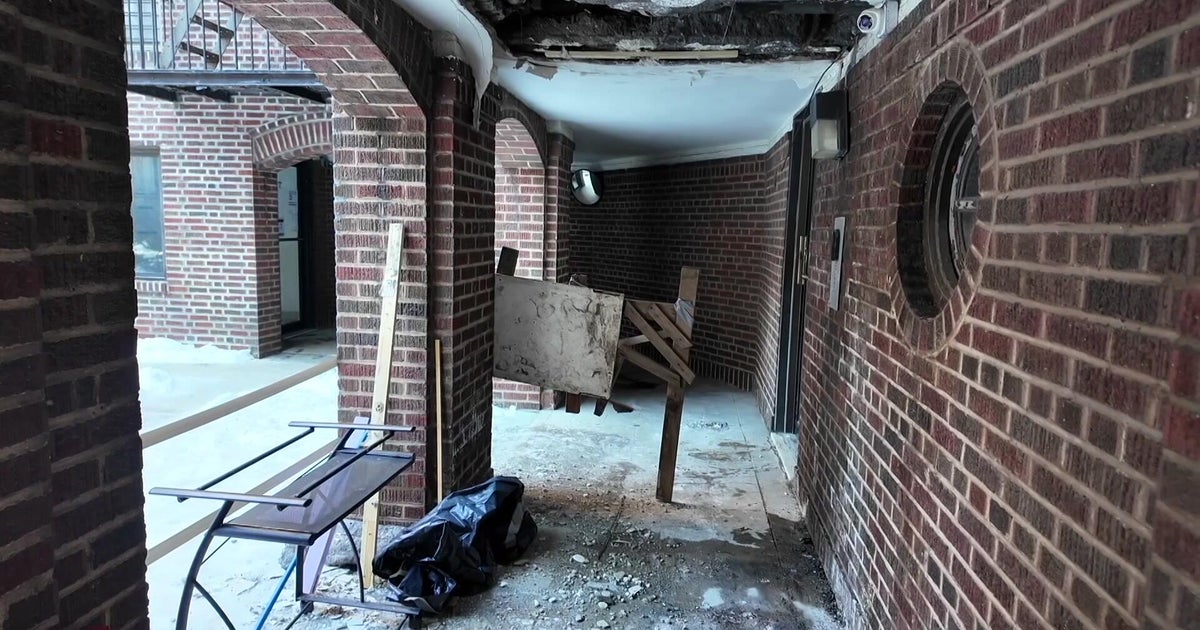Making Supersonic Mistakes?
By Executive Producer Dave Manoucheri
SACRAMENTO (CBS13) -- In September of 2009, the NCAA told the city of Sacramento that they would not bring the tournament to the city again because the arena was too old and too outdated. It's a memory Mayor Kevin Johnson would like to erase. Still, turning on the television and seeing the "Road to the Final Four" airing on CBS without a Sacramento presence brings those memories back up all over again.
"I saw that the regions were in Anaheim." says Johnson, referring to the team brackets he had just filled out, "and that did not sit too well for me."
Obviously, criticisms are front of Johnson's mind as the city looks for a way to keep the Maloof-run Sacramento Kings from picking up stakes and heading south to Anaheim.
"We could not engender the leadership of the marketplace to support a new building," is a quote that could easily refer to the lack of a definitive plan to create a new arena for the Kings in Sacramento. But it's not a recent quote. In fact, it was uttered by Clay Bennett, then heading the Seattle franchise, NBA's Supersonics. He was referring to the situation in Seattle just after his Oklahoma-based investment group had purchased the Sonics. Commissioner David Stern had come with the previous owner to get money from the city to help build a new arena. The NBA's feeling was that the Sonics' home, Key Arena, was too small, outdated, acoustically poor . . . sound familiar?
Public statements aren't the only similarity to what happened to the Sonics.
"We all thought the team was in safe hands," says Jason Reid, director of the film: "Sonicsgate: Requiem for a Team". Reid chronicled the work of city leaders a grass roots effort to keep the franchise in Seattle. He sees Sacramento leaders following in the same footsteps as they did.
"You can go in there with a hypothetical plan," Reid says, "but nobody's going to take you seriously."
Reid says that the NBA has created an environment that pits cities against each other and pushes for the newest, best, most profitable, and he says, quickest way to make money for the NBA owners.
"When a team decides they want to move or it's not economically viable for them to stay in a region or an arena then they're going to move regardless of how the fans feel," says Reid. He points out that the most important thing is for the city to go into negotiations with the NBA Board of Governors with a solid plan.
"We didn't have representation in that room," Reid says of the Board of Governors' meeting to decide whether or not the Sonics would leave Seattle. "Meanwhile, Oklahoma City has the mayor, the governor, they have an arena plan that is passed by taxpayers to renovate the Ford center."
Reid points out that Sacramento has no plan either. The feasibility study launched by David Taylor's IKON group will not even be ready until the middle of May. The Board of Governors' meeting is April 15th.
CBS13 sat down with Mayor Kevin Johnson to ask him about that very meeting, pointing out the mistakes Reid said we may duplicate. Johnson doesn't think we're on the same path.
"We as a community still have time on our clock," Johnson says, "not a lot."
Johnson would prefer to make a comparison to what happened in Charlotte, North Carolina. That city lost their team, built an arena, and then got a different team several years later.
"They lost their team and then in 2005/2005," says Johnson, "...they broke ground on a new arena and built a new arena. That to me is a city that is most comparable to where we want to be as a community."
But not everyone agrees with Johnson's Charlotte comparison.
"The NBA was looking to add a franchise," says KHTK radio commentator Mark Kreidler, "but that's just not in play right now at all." Kreidler points out that the reasons for Charlotte losing their team were far different from Sacramento's and the city was able to get an arena plan in the works. Sacramento is also under a far different economic environment.
"We're trying to do it at the toughest time in recent economic history, period," says Kreidler. But he doesn't think we can write off the Kings yet.
"I'm not a big believer that actually going to the board of governors will make a big difference," he says. "I think if you get to the point where they're going to the Board of Governors and asking for approval they've got everything in place. As we're sitting here talking I believe they don't have everything in place."
Still, Johnson doesn't instill confidence that the process is working in Sacramento's favor, telling CBS13 that he's already looking to the future of an empty arena.
"They [the Kings] have a foot in Anaheim and 3 or 4 toes in Anaheim and I think it's imminent where they're going," Johnson states. " If we can be a city that moves forward and builds a new entertainment and sports complex with or without the kings, that will put us on the front of the line for a market that NBA will take notice."
But will they take notice? Jason Reid isn't certain they will.
"I think the key is to have a plan at that board of governors meeting for your city," Reid states, "or they're going to be able to move to another city."
So does that mean it's over? Are we a city without a team, or in imminent danger of losing them? Nobody seems willing to say that outright.
"The Kings are not a foregone conclusion," Johnson says, putting the ball back in the Kings' court. "Ultimately the Maloofs have to make that decision; I hope it's one that our noise, effort and love will keep them here. If not, we have to respect their business decision."
If you'd like to see what happened in Seattle, you can watch Jason Reid's full documentary, "Sonicsgate: Requiem for a Team" by clicking on this link: http://www.sonicsgate.com







